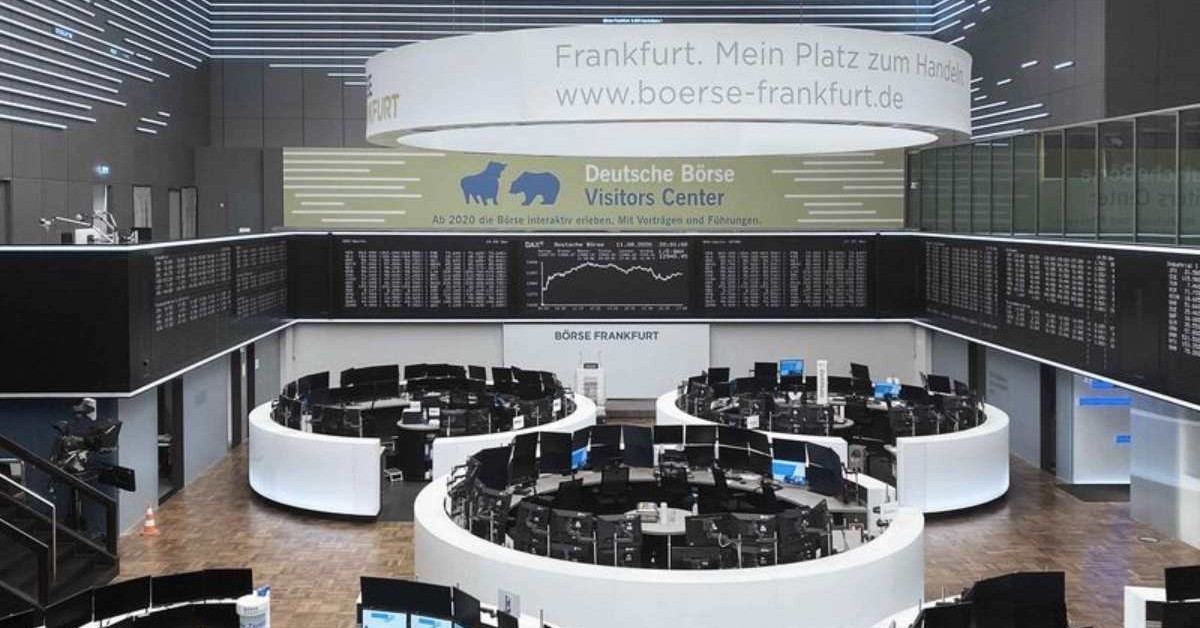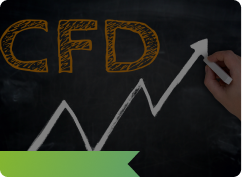More fall in European stocks after Friday's inflation report
European stocks started the week on Monday with more falls as Last Friday's inflation report in the EU and the upcoming FED meeting in the US cast a shadow on the behavior of traders.
While in the FED meeting, it is expected that FOMC members vote for a 75-basis point rate hike, which can increase the pressures on the stock markets, even though there are some possibilities of a surprise 100 bps hike, Friday's inflation data in the eurozone also were worrying.
According to the published data on Friday, the euro zone's inflation in August increased by 0.6% in the month, higher than market expectations, and 0.5% rose in July. On the annual scale, Eurozone inflation rose by 9.1%, in line with market expectations, which shows no change compared with July. However, this report sounds worrying about the lack of reduction in headline inflation, despite the global reduction of energy carriers' prices. Going into more detail, the sub-data also can confirm it. Energy prices rose 38.6% in August, compared with 39.6%.
Despite the decreasing energy prices, we can see other prices increase. Food, alcohol, and tobacco prices rose 10.6%, previously 9.8%), services (3.8%, previously 3.7%), and non-energy industrial products (5.1%, previously 4.5%).
With the mentioned detail, we can now realize why core CPI (Inflation excluding Energy and Food prices) increased by 0.7%, higher than market expectations and 0.6% in July, while the final annual rate was recorded at 5.5%, basically consistent with market expectations and the previous value.
Important note: These data show that price pressures have spread across multiple sectors of the economy, and now we can say that they cannot be controlled only by reducing energy prices. Therefore we need more specific monetary and financial policies.
These increasing inflation concerns will pressure the European Central Bank to tighten monetary policies further. Earlier this month, and after the previous increase of 50 units, the European Central Bank raised the interest rates by 75 basis points to bring the primer rates to 1.25%. Identical to the US, the central bank in Europe is also facing a recession risk. However, officials on both sides of the Atlantic Ocean show that the current top priority is still to curb soaring inflation. The market expects the ECB to raise interest rates twice this year by at least 50 basis points in October and December meetings. However, while bond yields in the eurozone are increasing sharply, some analysts are pricing on 75-basis points in each meeting. Currently, German 2-year bond yields, at 1.524%, hit their highest level since 2011, while 10-year and 30-year bond yield inverted for the first time on record.
These estimates and outlooks make a future downtrend more likely than any other possibility. At the time of writing, German DAX traded at 12,741.26, losing 215.40 points or 1.66%, and CAC 40 in France, trading at 6,077.30, losing 80.54 points or 1.31%. In London, UK FTSE 100 at 7,236.68, also losing 45.39 points or 0.62%.
As you can see in the below Daily chart of DE30, from a technical point of view also, the German DAX moves in a clear downtrend with solid support at 12,500. Breaching under this level can open the doors for more losses.


















